Bust Your
Stress
Dr. Jyotsna Codaty

Published by:

F-2/16, Ansari road, Daryaganj, New Delhi-110002
 23240026, 23240027 Fax: 011-23240028
23240026, 23240027 Fax: 011-23240028
Email:
Branch : Hyderabad
5-1-707/1, Brij Bhawan (Beside Central Bank of India Lane)
Bank Street, Koti Hyderabad - 500 095
 040-24737290
040-24737290
E-mail:

Copyright: Author
ISBN 978-81-223067-8-1
Edition: April 2011
The Copyright of this book, as well as all matter contained herein (including illustrations) rests with the Publishers. No person shall copy the name of the book, its title design, matter and illustrations in any form and in any language, totally or partially or in any distorted form. Anybody doing so shall face legal action and will be responsible for damages.
D EDICATION
This book is dedicated to my family who put up with me in my times of stress, to my many friends who helped me at every step and to my readers who I hope, will SMILE!
P REFACE

This book is a happy book.
This book is about enjoying life.
This book is about making choices.
At the same time, it is important to acknowledge that not all of lifes outcomes are chosen. The attempt is to make clear what people can control and what they cannot.
The theme of this book is:
 That a persons state of health is, to a great extent, his own responsibility.
That a persons state of health is, to a great extent, his own responsibility.
 To create awareness, so that lifestyle choices can be made.
To create awareness, so that lifestyle choices can be made.
 To emphasise that problems are not common to all individuals, as the reactions to them are not. Obviously, the solutions are a matter of choices. There are no definite black or white areas.
To emphasise that problems are not common to all individuals, as the reactions to them are not. Obviously, the solutions are a matter of choices. There are no definite black or white areas.
The book is positive; its emphasis is on what to do and not so much on what not to do.
Dr. Jyotsna Codaty
C ONTENTS

T HE B EGINNING

They had their share of problems. They had wild animals to ward off, they were concerned about their next meal, they had floods and fires, and being human, they had their quarrels. Some were sorted out, some ended by drawing blood. They had invaders to fight and fend off on the whole, they had a life, they had leisure, they lived and died without too much ado.
Once upon a time there was a life when people were happy most of the time. They had a little land, they made their own clothes, hunted their own food and built their own houses depending on where they lived. They found their life partners, made love, had children, and the children grew up doing much the same as their parents did.
Down the centuries, society built its walls and its dogmas around man. Life followed set patterns. The houses got better, the clothes got finer. The food was cooked to established standards, a social hierarchy was set up, animals were harnessed for work in fields and to draw carriages. Some were domesticated as mans best friend. Simple tools were crafted, and men and women continued to live by a leisurely pace.
There were floods and fires and invaders to fight and fob off. There was money to earn, clothes and houses to buy, and being human, there were fights and conflictsfor land, for money and for women. On the whole, they had a life of leisure, with a lot of tough manual labour that made man tired and yet fulfilled at the end of the day. It was a tough day for the women too plenty to do around the house, looking after the animals, collecting firewood; cooking for large families, and at the end of the day, though tired, yet happy.
Today, we have our houses, we have our cars, we have our computers, and we have our paraphernalia of gadgetry to help us get things done. We have our organisers to remind us what we have to get done today. We no longer fight wars, our governments do that for us, and we have TV and the media to tell us what is happening around the world. And we have to fight a system that is so flawed that most of our time goes, if not fighting it, then at least talking about it. And we have our doctors that tell us we need to relax, and ask us, are you under stress? And we pay money to teachers/doctors/gurus to tell us how to get rid of stress.
We are stressed out while going to sleep. We are stressed out getting up, we are stressed out from not eating properly, we are stressed out from eating the wrong things, we are stressed out about our children, or so stressed out that we cannot have children. We are stressed out from getting better jobs, or stressed out from keeping our job. We are stressed out from not having proper help at home, or we are stressed out trying to find better ones, and we are so stressed out that even our three-year-old child is stressed out and needs therapy!
Stop the world. I want to get off!
Did you feel like shouting these words aloud, or at least saying them to yourself? Better still, did the pace of todays world tempt you to be like this farmer, who rested beside the brook singing a song? His simple life that brought him so much tranquility is definitely worth emulating.
Mine be a cot beside the hill;
A bee-hives hum shall soothe my ear;
A willowy brook that turns the mill,
With many a fall shall linger near.
The swallow, oft, beneath my thatch
Shall twitter from her clay built nest;
Oft shall the pilgrim lift the latch,
And share my meal, a welcome guest.
Around my ivied porch shall spring
Each fragrant flower that drinks the dew;
And Lucy, at her wheel, shall sing
In russet gown and apron blue.
The village church among the trees,
Where first our marriage wows were given,
With merry peals shall swell the breeze
And point with taper spire to Heaven.
S. Rogers
I wish life were that simple, a matter of a cottage down the hill with a brook flowing beside and your wife humming a song! Somewhere along the way, we got so entangled with the world around us that we changed. Changed so much that our lifes goals appear to have altered to such an extent that we seem to be living simply. We have changed to an actively consumerist and existentialist society.

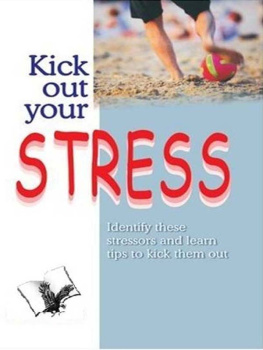
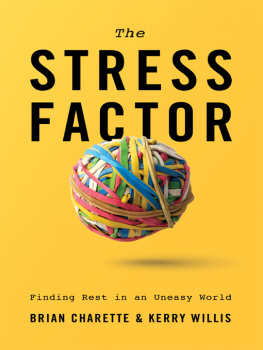
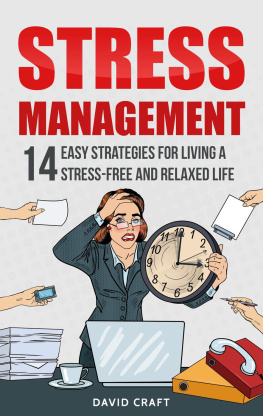

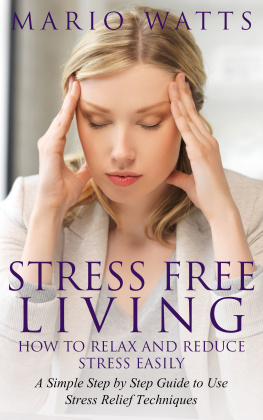
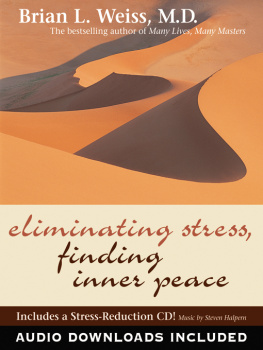
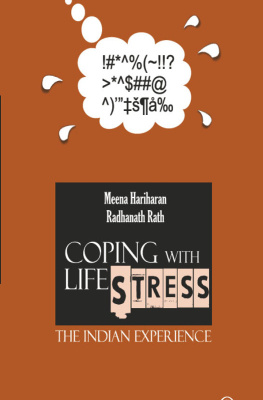
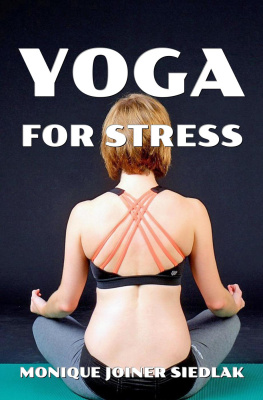
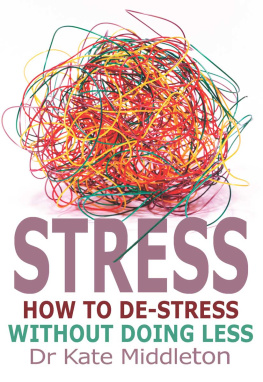
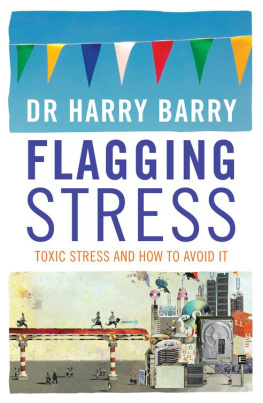
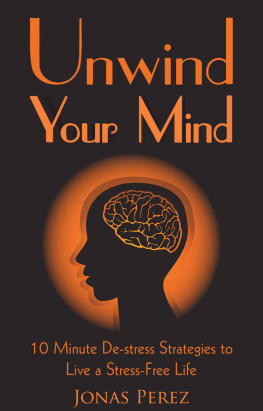



 23240026, 23240027 Fax: 011-23240028
23240026, 23240027 Fax: 011-23240028

 That a persons state of health is, to a great extent, his own responsibility.
That a persons state of health is, to a great extent, his own responsibility.